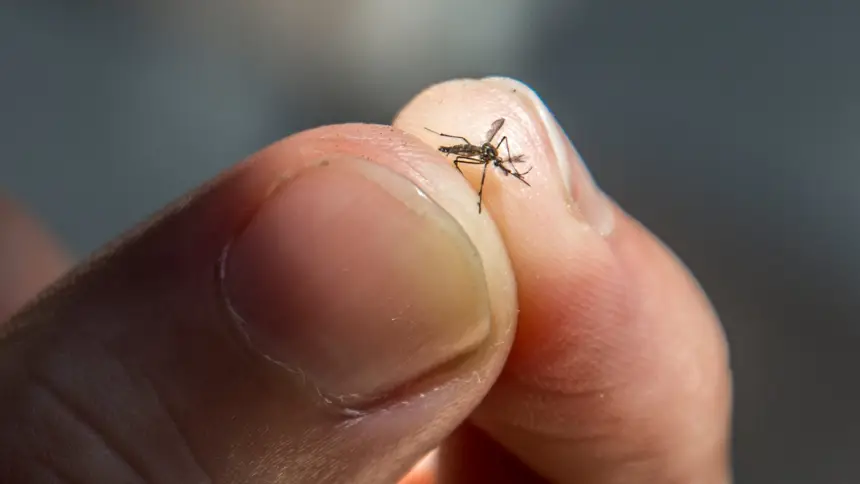The United States Food and Drug Administration (FDA) has suspended the licence for Ixchiq, a vaccine against the mosquito-borne chikungunya virus, following reports of “serious adverse events.” The vaccine, developed by French biotech company Valneva, had received FDA approval in 2023 but has now come under scrutiny after new safety concerns emerged.
According to Valneva, four additional cases of severe side effects were recently reported, three of which involved elderly patients aged between 70 and 82. The company confirmed the FDA suspension took effect immediately last Friday. While Valneva has pledged to work with regulators to assess next steps, the setback has already had financial repercussions. Shares in the company plunged by more than 26 percent when markets opened in Paris on Monday.
Ixchiq was one of only two vaccines approved in the US for chikungunya, a virus primarily found in tropical and subtropical regions but increasingly spreading globally due to climate change. The illness is rarely fatal, but it can cause high fever and intense, often prolonged joint pain, leaving patients debilitated. Infants and the elderly face the highest risks of complications.
Earlier this year, the European Medicines Agency also began reviewing the vaccine, with particular focus on its safety in older adults. Despite the FDA’s suspension, Valneva stated it remains “fully committed to maintaining access” to Ixchiq as a critical tool against what many experts see as an emerging pandemic threat. The vaccine generated €7.5 million ($8.8 million) in revenue during the first half of 2025.
Public health experts have raised alarms over chikungunya’s expanding reach. In July, the World Health Organization warned of a looming epidemic, noting similarities to an outbreak two decades ago that swept across the Indian Ocean and eventually spread worldwide, infecting nearly half a million people. Europe has already reported 27 chikungunya outbreaks this year—the highest on record, according to the European Centre for Disease Prevention and Control (ECDC).
With climate change pushing disease-carrying mosquitoes into new regions, global health authorities stress the urgency of safe and effective vaccines. For now, the suspension of Ixchiq underscores the challenges of balancing rapid vaccine development with patient safety.

